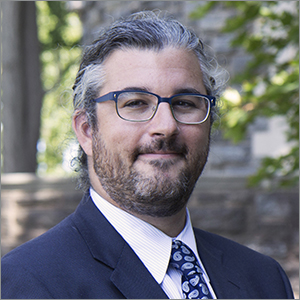
Dr. Marc Brasof's Biography:
BIO
Dr. Brasof’s teaching and research focuses on organizational leadership and teaching and learning. Dr. Brasof organizational leadership scholarship examines the role of student voice in school reform, how to distribute leadership to teachers and students, and create more democratic institutions. Dr. Brasof also publishes civic education scholarship and curriculum. Dr. Brasof was the National Constitution Center's Education Fellow and The Rendell Center for Civics and Civic Engagement Education Fellow, developing national civic programming and materials. Dr. Brasof served on multiple boards: Pennsylvania Council for Social Studies, National History Day Philadelphia Advisory, Journal for Education Policy, Planning, and Administration, and Social Studies Journal. Dr. Brasof continues to help schools throughout the region build youth-adult leadership councils and develop project-based learning.
ESSAY
Gilens' and Page's (2014) findings after studying almost 2,000 public
policies suggest that we no longer live in a representative democracy, but an oligarchy where economic elites and organized groups representing business interests have substantially more influence U.S. government policy than average citizens. Instead of coalescing around this critique, it has become increasingly more difficult for the public to hold productive civic discourse due to our social network silos and proliferation of editorialized, ideological-driven news.
Schools can help. As an instructor of social studies and true believer in the power of democracy, nothing could be more upsetting and empowering. We, as social studies teachers, should be disturbed by these findings and behaviors. It is our duty to ensure that every student receives high-quality social studies curriculum, instruction and assessment in order to cultivate the next generation of active and informed citizens capable of tackling the challenges undermining our democracy. One way we can do this is to create spaces of genuine exchange within our schools and classrooms about community issues undermining our way of life. Towards what end is our school working? Are we openly discussing our problems? Moreover, such exchanges should be balanced with what connects us as a community. What can we do together that would be impossible alone? I believe the social studies classroom is an ideal place for such conversations and community-building experiences. There, problem-based and cooperative learning would be the norm, not the exception.
